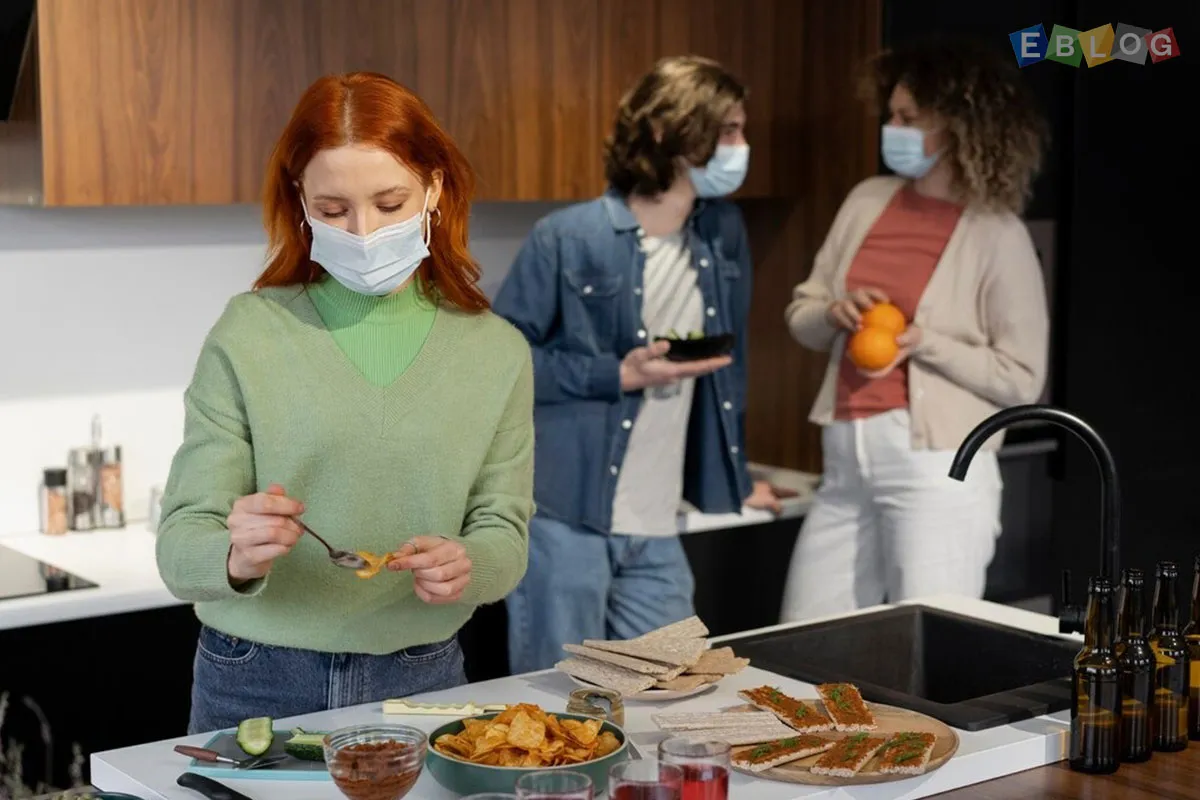
Warning Signs You're Eating Bad Food
- 27 Jul, 2024
- Food
- 697 Views
- 0 Comments
Eating is one of life's great pleasures, but it also comes with risks, especially when food isn't fresh or properly prepared. Consuming bad food can lead to food poisoning, which can range from mildly unpleasant to life-threatening. Recognizing the warning signs that you're eating bad food can help you avoid these dangers. Here are some key indicators to watch out for:
1. Off-Putting Odor
One of the first indicators of spoiled food is a strange or unpleasant smell. Many types of bacteria produce gases that are easy to detect. If your food has a sour, rancid, or otherwise unusual odor, it's best to err on the side of caution and throw it out.
2. Strange Texture
Food that has gone bad often undergoes textural changes. For instance, meat that has become slimy, vegetables that are mushy, or dairy products that have curdled are all signs that the food should not be consumed.
3. Visible Mold or Discoloration
Mold can grow on almost any type of food, and its presence clearly indicates that the food is no longer safe to eat. Discoloration, such as browning in fruits and vegetables or graying in meats, is another visual cue that the food has spoiled.
4. Off Taste
While it's best to rely on your other senses before tasting questionable food, sometimes a small taste can confirm spoilage. If the food tastes sour, bitter, or otherwise off, it's a strong sign that it should be discarded.
5. Expired Date
Always check the expiration date on packaged foods. While these dates aren't always a definitive indication of spoilage, they provide a useful guideline. Consuming food past its expiration date increases the risk of eating something that has spoiled.
6. Bloating Packaging
For canned and packaged foods, bloating or bulging packaging can indicate the presence of bacteria that produce gas. This is a red flag that the food inside may be contaminated and should be thrown away immediately.
7. Souring or Spoiling of Dairy Products
Dairy products like milk, cheese, and yogurt are prone to spoiling. Signs include a sour smell, curdling, or separation. If your dairy products exhibit any of these characteristics, it's best to dispose of them.
8. Unusual Taste in Cooked Foods
If cooked food, particularly meat, tastes unusually metallic, bitter, or sour, it could be a sign of spoilage. This can be due to bacterial growth that occurred before cooking, which cooking alone cannot always remedy.
9. Changes in the Appearance of Frozen Foods
Freezer burn, characterized by white, dry patches on frozen food, can affect the taste and texture of food. While not necessarily harmful, severe freezer burn can render food unappetizing and is a sign that it has been stored too long.
10. Foamy or Bubbly Fermentation
Fermentation is a natural process in foods like yogurt and kimchi, but it shouldn't occur unexpectedly in other foods. This can indicate bacterial activity if you notice unexpected bubbling or foaming, particularly in liquids like soups or sauces.
11. Staying Safe: Best Practices
To minimize the risk of eating bad food, here are some best practices:
a. Store Food Properly: Keep perishable items refrigerated or frozen and store dry goods in a cool, dry place.
b. Practice Good Hygiene: Wash your hands, utensils, and surfaces regularly to prevent cross-contamination.
c. Cook Thoroughly: Ensure that meat and other perishable items are cooked to safe internal temperatures.
d. Keep an Eye on Leftovers: Consume leftovers within 3-4 days and reheat them to appropriate temperatures.
By staying vigilant and recognizing the warning signs of bad food, you can protect yourself and your loved ones from the unpleasant and potentially dangerous consequences of foodborne illness. Eating should be enjoyable and safe, so always trust your senses and err on the side of caution.















Leave a Reply